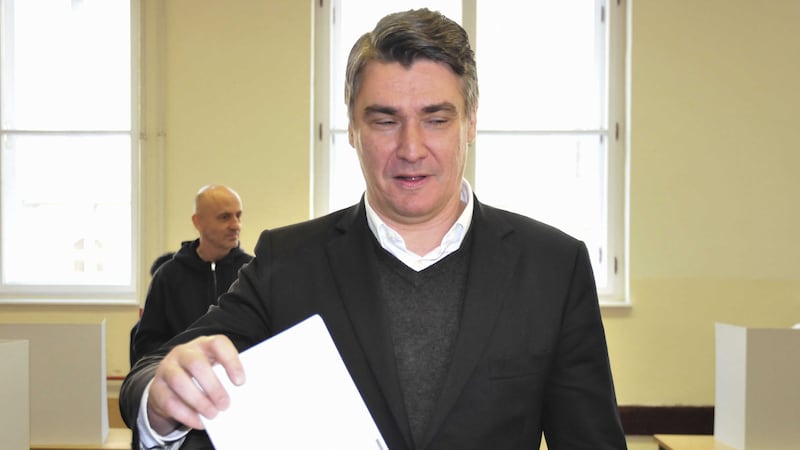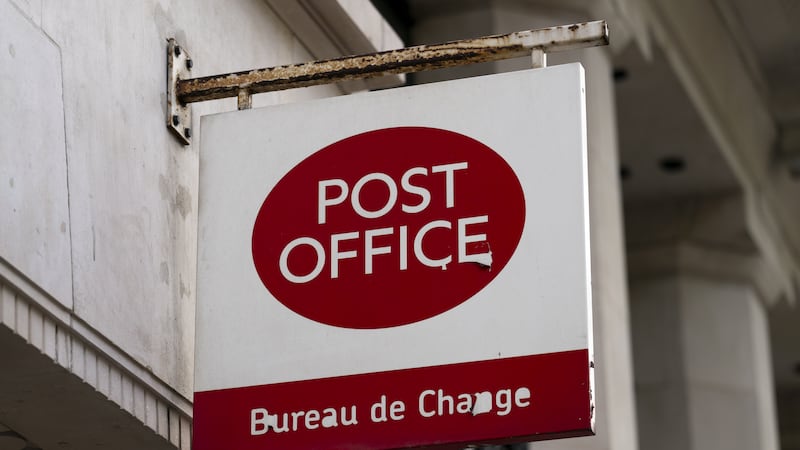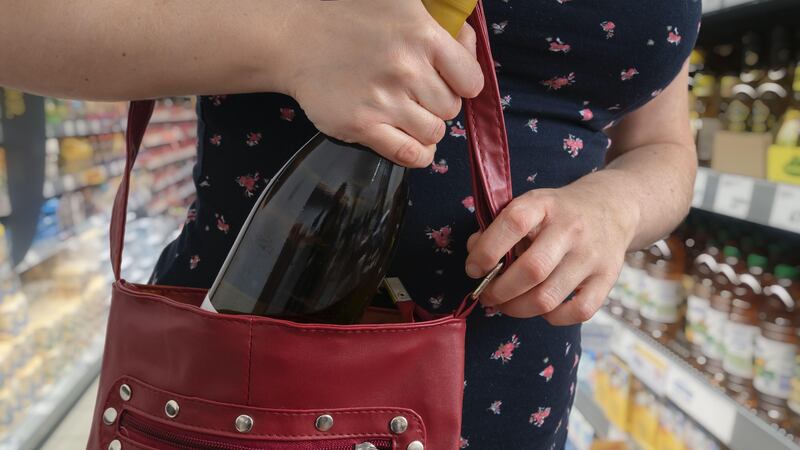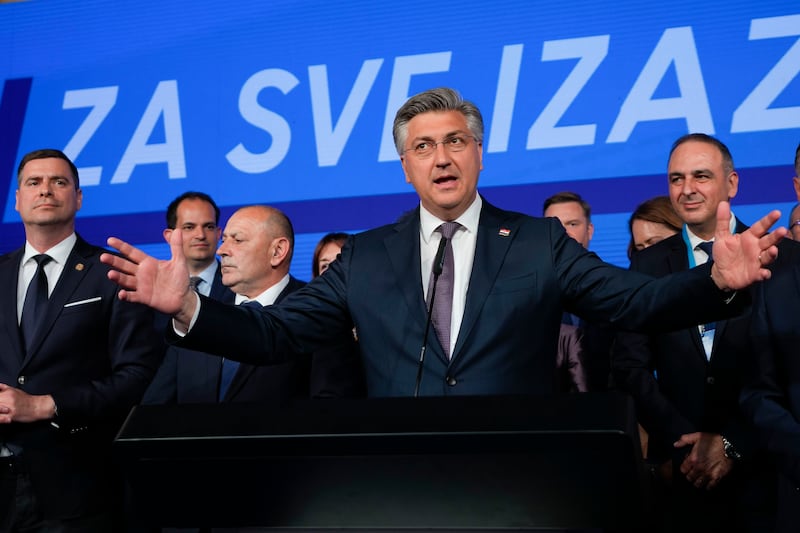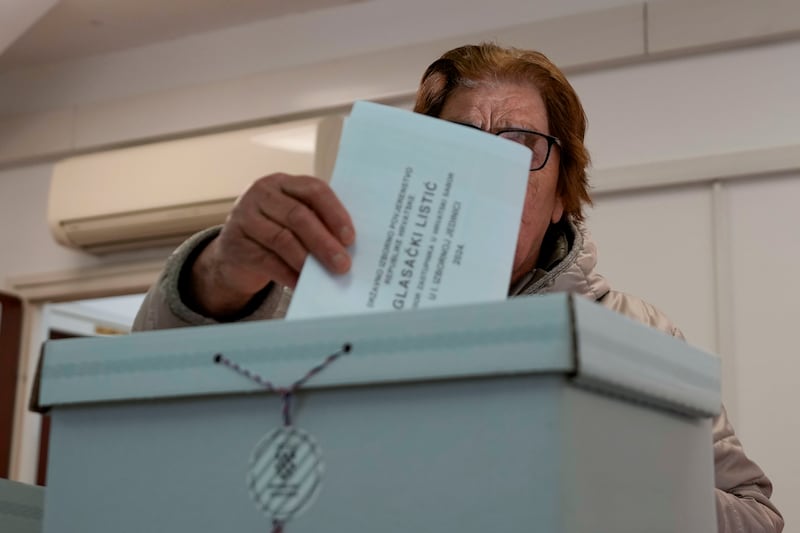CROATIANS went to the polls on Sunday amid a massive migrant surge and deep economic woes.
Neither the conservatives, led by former intelligence chief Tomislav Karamarko, nor the Social Democrats, led by incumbent Prime Minister Zoran Milanovic, are expected to win an outright majority. The forming of the new government will depend on several small parties that are expected to enter the 151-seat parliament.
The outcome of the vote could disrupt the flow of migrants crossing the small country if the conservatives return to power and carry out pledges to implement tough measures against the surge. Since September, Croatia has seen an influx of over 330,000 people fleeing war and poverty and seeking a better life in wealthier EU states such as Germany.
The conservatives have criticised Milanovic's government for allowing the free flow of migrants and have hinted they would build fences and deploy the army to the border to stop the flow.
"Our election campaign was very passionate, unfortunately it has been marked by the migrant crisis as well as by hate speech and hate mongering of the (conservative) backers," Milanovic said as he cast his ballot.
Croatia, with a population of 4.2 million, has one of EU's worst economies. It only recently emerged from a six-year recession, the public debt stands at nearly 90% of gross domestic product and unemployment is hovering around 16 percent, of which 43% is among young people.
Sunday's vote is likely to represent a revival for Karamarko's conservative Croatian Democratic Union party, which led Croatia during its war for independence from the Serb-led Yugoslavia in the 1990s and then dominated its political scene for years. Its popularity plummeted after a series of corruption trials against top officials.
The presidential election victory earlier this year of a conservative, Kolinda Grabar-Kitarovic, was a clear sign that Croatia is shifting to the right after the center-left bloc's four-year rule.
"I am an optimist and I believe voter turnout will be high and that this election will be a celebration of democracy," Karamarko said after voting.
Karamarko campaigned on patriotism and creating new jobs, while Milanovic promised economic revival and warned against allowing Croatia to return to its conservative past.
